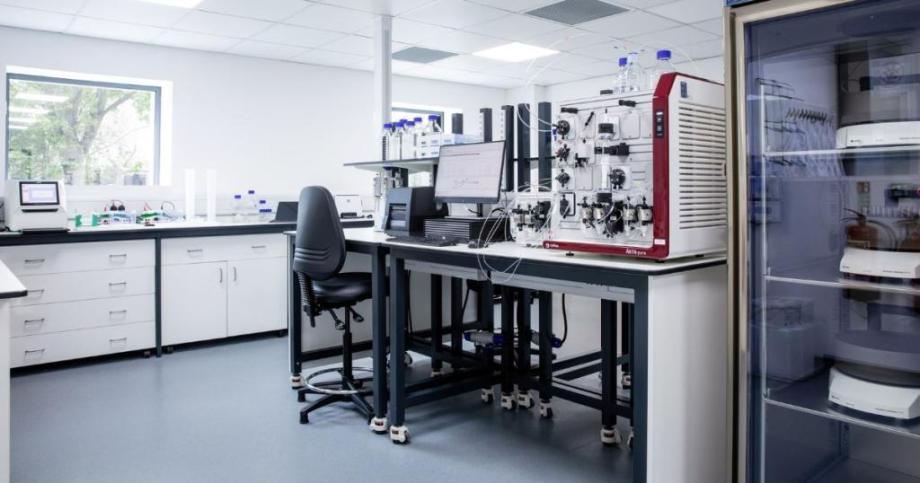Led by the University of Bath, the project was co-created with eleven companies, including strategic partners Qkine, Veolia and Merck, and UK-based cultivated meat companies including Hoxton Farms, 3D Bio-Tissues, Roslin Technologies, Cellular Agriculture Ltd, Ivy Farm and Quest Meat. The cellular agriculture hub will help British scientists and companies make cultivated meat at scale and develop precision fermentation technologies for the generation of palm oil. Ultimately creating an environmentally, economically, and socially sustainable model in which novel manufacturing systems complement traditional food production.
Dr Catherine Elton, CEO at Qkine, said: “We are delighted to partner with an exceptional multidisciplinary group of UK universities and industrial companies to establish the underpinning technologies and supply chain for a transformative technology with the potential to impact global sustainability and future food security. At Qkine, we are working proactively with academics and customers globally to overcome the not insubstantial technical, scientific, and regulatory barriers to scaling cultivated meat and fish production and achieving industrial scale and price-parity.”
The Engineering and Physical Sciences Research Council (EPSRC), part of UK Research and Innovation (UKRI), is funding the hub under its Manufacturing Research Hubs for a Sustainable Future initiative. It is the largest single investment the UK government has made into sustainable proteins, as part of £120 million earmarked for R&D in last year’s Government Food Strategy, highlighting the strategic importance of the sector to global sustainability and UK PLC.
Professor Marianne Ellis, Professor of BioProcess & Tissue Engineering at the University of Bath and serial Founder and current CTO of Cellular Agriculture Ltd, is leading the multidisciplinary hub, which involves academic experts from the Universities of Birmingham and Aberystwyth along with University College London and the Royal Agricultural University. This hub and spoke model provides an array of expertise spanning bioprocess sciences, cell biology, engineering, and social sciences.
Professor Ellis, from the Department of Chemical Engineering at the University of Bath, said: “I am incredibly excited and thankful that the EPSRC have recognised the opportunities the emerging field of cellular agriculture brings to achieving net zero and addressing food security.
We have an exceptional team spanning upstream and downstream processing, underpinning biology, upstream (consumer) engagement, supply chain, and life cycle assessment. Our initial focus will be the tissue engineered cellular agriculture product, cultured meat, and the precision fermentation product, alternative palm oil, but as the Hub expands we expect many other cellular agriculture products to benefit from the research programme.
We will take a transdisciplinary approach by engaging with consumers and other stakeholders from the outset to ensure we compliment and boost our country’s food and farming industry for sustainability, social, and economic gains.”



